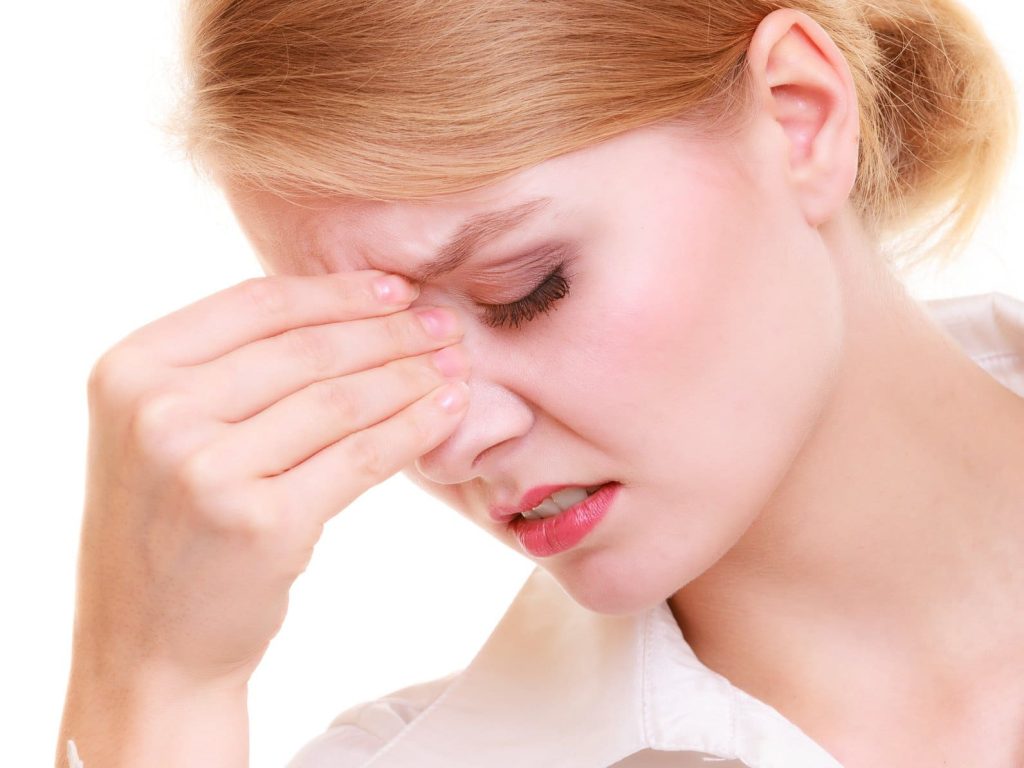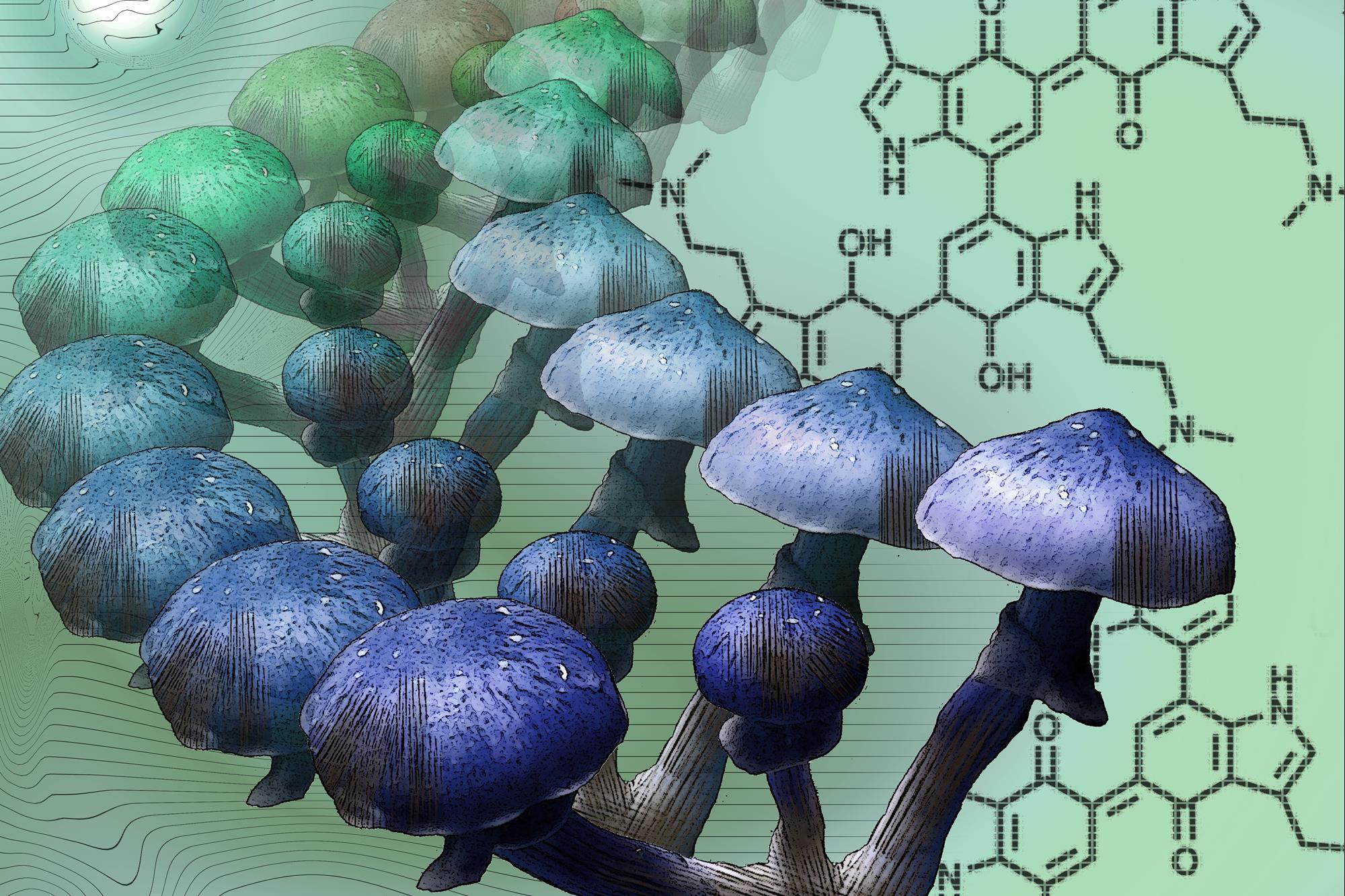
What To Do After You Overdose On Cocaine
If you are in the process of taking cocaine, you should know the signs of a cocaine overdose. This is important because cocaine can cause serious medical issues. Here are a few of the main signs of a cocaine overdose and how to get help. If you think you’ve overdosed on cocaine, call triple zero. If the situation is worse, take naloxone. A doctor will administer the drug and begin treatment.
Symptoms of a cocaine overdose
If you are experiencing the signs of a cocaine overdose, you should immediately call 911 or take the person to the hospital. Seizures are common in cocaine overdose symptoms. However, you should not restrain the person or attempt to induce a seizure. If you notice one of these symptoms, lay the person on their side to protect the airways. You should also remove sharp objects from the victim’s body and apply cold compresses to reduce their body temperature.
In the first stages, a person who has taken a large amount of cocaine may experience a chest pain that can be accompanied by tremors. This pain can lead to intense panic and anxiety, and the person may even become violent or even threaten to harm themselves. Other symptoms of a cocaine overdose include an elevated body temperature and severe tremors. The heart rate will also increase, and blood pressure may even become dangerously elevated.
Related: Understanding Emotional Sobriety and How to Achieve It

Treatment options
In the event of a suspected cocaine overdose, there are many treatment options available to you. Benzodiazepines are the first-line treatment for this condition. They blunt the effects of cocaine by modulating the hypersympathetic state and decreasing cardiac rate. Benzodiazepines are also used for ventricular tachycardia. These medications should be kept on hand in case of an emergency.
After an overdose, treatment for the symptoms can be as simple as administering IV fluids, controlling anxiety, and treating high blood pressure and nausea. If the person is unresponsive or unconscious, he or she may be put on a ventilator to breathe properly. These measures continue until the overdose has been eliminated from the patient’s system and their vital signs are stable. In severe cases, hospitalization can take anywhere from a few hours to a day.
Calling triple zero
If you’ve taken too much of a drug, like cocaine, you should call the police or ambulance. It’s important to call triple zero (000), the emergency number for a police or ambulance response. You can also call Lifeline or DirectLine for 24-hour crisis support. Some herbal remedies can also cause harm if you overdose on them. A doctor should be contacted if you think you may be suffering from a drug overdose.
Using drugs and alcohol affects your memory, judgment, and overall behavior. If you’re drunk, you may not think about the dangers of overdosing and may mix drugs or take too much. You might also mix drugs or take them based on how other people react to them. Eventually, you may die. For this reason, it’s important to call 911 after you overdose on cocaine.
Taking naloxone
If you overdose on cocaine, taking naloxone can help reverse the effects. Its effectiveness is based on metabolism and the drug’s half-life. Naloxone remains active in the body for 30 to 90 minutes. It may take some time for the effects of opioids to wear off, and it can cause withdrawal symptoms for someone who has become accustomed to taking it.
In a situation like this, it is crucial to get naloxone immediately. It will block the effects of the drug on the body and help the person breathe. While the drug is relatively safe and will not harm the victim, it is important to note that it will not reverse an overdose caused by non-opioid drugs. However, it may still be effective in reversing multiple drug overdoses.

Lowering body temperature
If you suspect a cocaine overdose, the first step is to call 911. While the situation is extremely serious and a cocaine overdose is not treatable, emergency personnel can try to lower the body’s temperature to reduce the likelihood of further problems. The most critical organs to monitor after a cocaine overdose are the heart, lungs, and brain. Doctors may perform electrocardiograms, chest X-rays, and CT scans in order to rule out any serious complications.
A drug overdose can affect the hypothalamus, a part of the brain that regulates body temperature. It also controls sweat glands and blood vessels, which move heat and blood closer to the skin. But drugs can interfere with this process and make you unaware of your surroundings. This is the reason why you may have a hard time lowering your body temperature after cocaine. This can have dire consequences for you.
Calling 911
If you are experiencing the symptoms of a cocaine overdose, call 911 immediately. Call 911 at the earliest opportunity – it may mean the difference between life and death if the situation isn’t treated quickly. Collect relevant information – age, current medical conditions, drug and alcohol use history, how much cocaine was taken, etc. If you are unable to speak, try to lay the person on their side to minimize choking risks. Apply cold compresses if necessary. Ensure the area is free of sharp objects or other dangers.
If you or a loved one has overdosed on cocaine, call 911 immediately. The symptoms of a cocaine overdose are the same as those of a drug overdose, but the outcome is much worse. The victim of a cocaine overdose may be suffering from a heart attack or other symptoms, and cardiopulmonary resuscitation may be necessary to keep them alive until an ambulance arrives. In many cases, cocaine is used in combination with alcohol, so it is vital to seek medical attention if you suspect a cocaine overdose.

